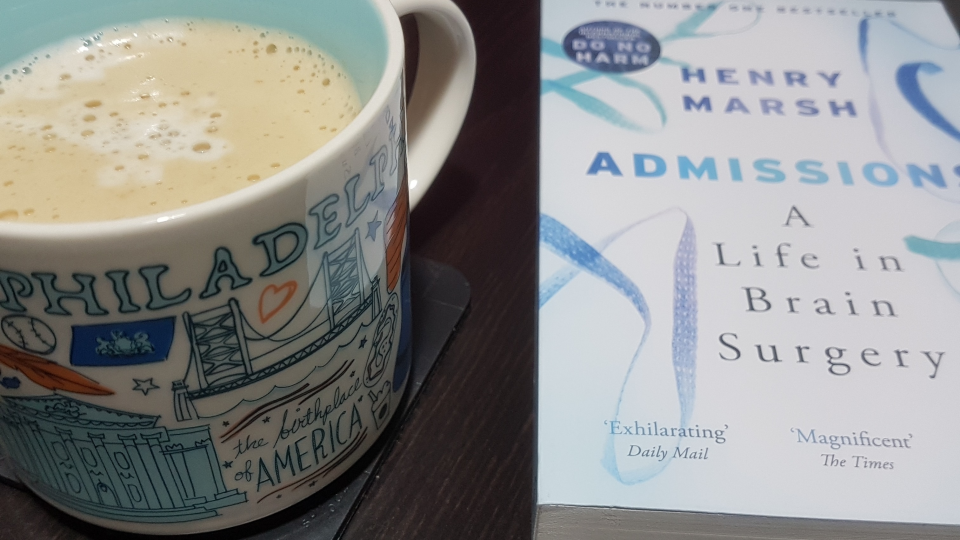Admissions

- Original Title:
- Admissions: A Life in Brain Surgery
- Author:
- Henry Marsh
- Published:
- 2017
- Buy at:
- bookdepository.com
“Admissions” is an autobiography of a neurosurgeon that gives insight into challenges in neurosurgery as a profession and live of neurosurgeon as well. This book is written by Henry Marsh, a leading British neurosurgeon and author of international bestseller, memoir “Do No Harm”. “Admissions” is his second memoir, where he writes in sincere and revealing way about 35 years of working as a neurosurgeon.
The book is divided into 15 chapters with the first one starting with author’s retirement project: a restoration of an old cottage in Oxford, near author’s family home. Author writes about his retirement, fear of dementia, illness and attitude towards death. But he also writes about beginning of his career in medicine and in neurosurgery as well, about successes that he had but also about fatal mistakes that he made. The interesting and thought provoking parts are where author criticise state of affairs in medicine in England now, where paperwork and hospital management is more important than patients’ life, which can lead to fatal outcomes even for patients with good prognosis. Also, author describe situations in medicine in other countries such as Nepal and Ukraine. He describes how he was going to these countries for years to help his colleagues to operate and he shows admiration for his colleagues in these countries who often work on their own and where corrupted politicians lead country which has negative consequences for medicine as well. Author also gives great advice about how doctors should behave towards patients, how they should treat not only body but mind as well, and how they should be able to accept and confess their mistakes.
I enjoyed reading this book. I was surprised about how opened author was about his life, career, and especially his mistakes as a neurosurgeon. I like how author shows that he is real human, anxious when someone life is at risk, prone to mistakes and getting emotional and finding hard sometimes to detach from patients. I think this is good book for all doctors and future doctors to learn how emotionally to deal with challenges of their career, for people who are thinking about medical career and for all of us to better understand what takes to be good doctor.
My favorite quotes from this book are:
“Doctors deal with probabilities, not certainties. Sometimes, if you are to make the right decision, you have to accept that you might be wrong”;
“We continue to make mistakes throughout our careers, and we always learn more from failure than from success. Success teaches us nothing, and easily makes us complacent. But we will only learn from our mistakes if we admit to them- at least to ourselves, if not to our colleagues and patients. And to admit to our mistakes we must fight against the self-deception that was so necessary and important at the beginning of our careers”.





